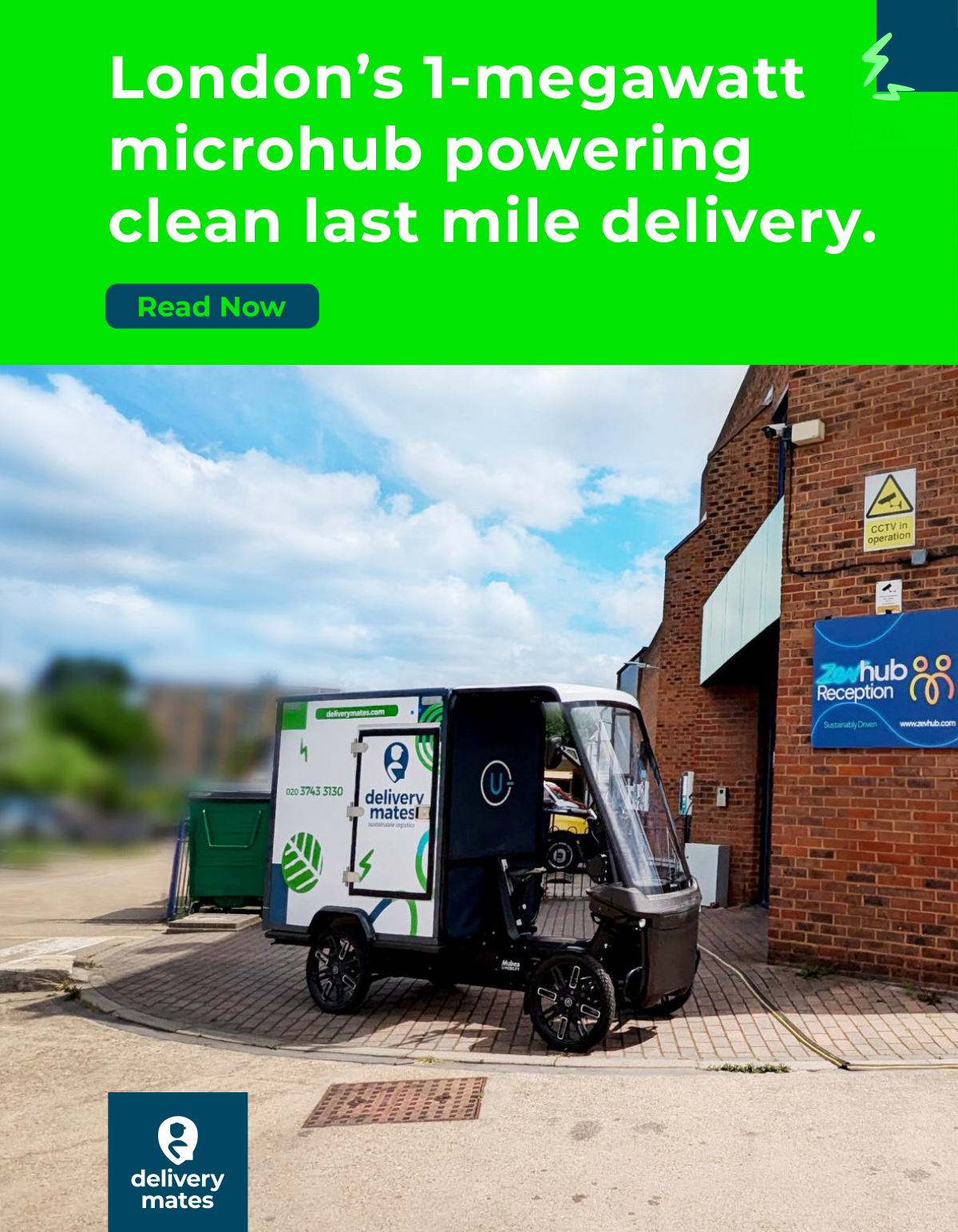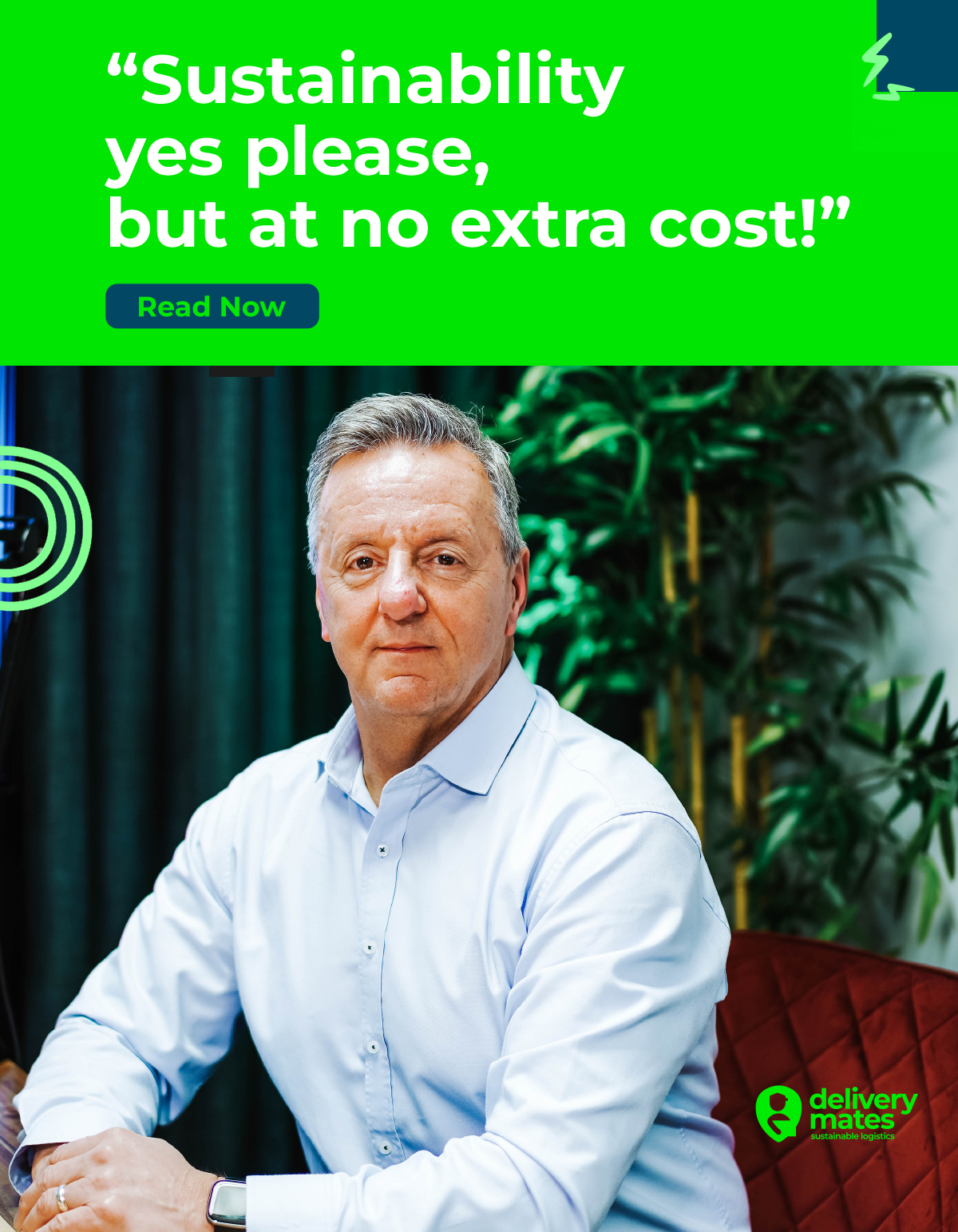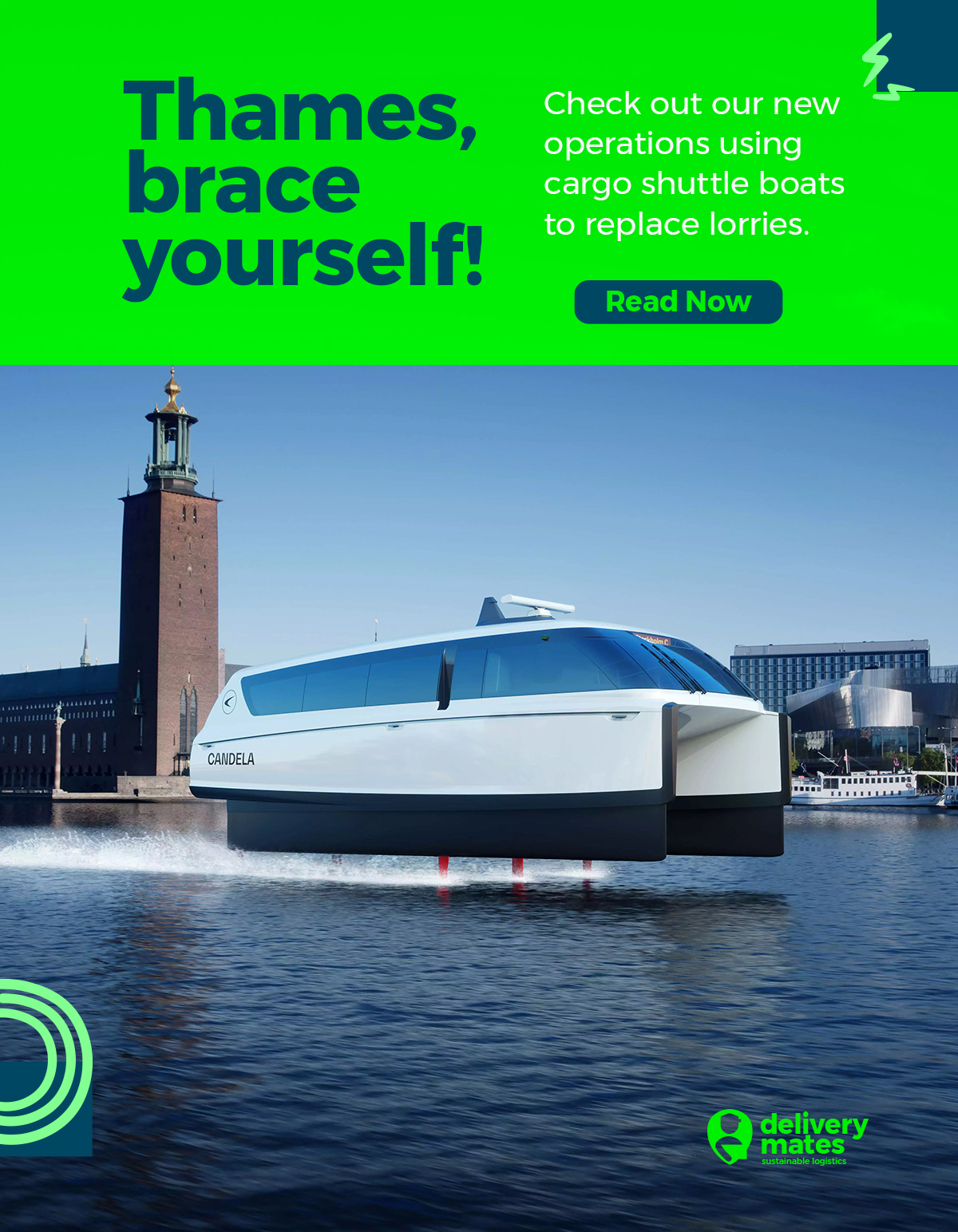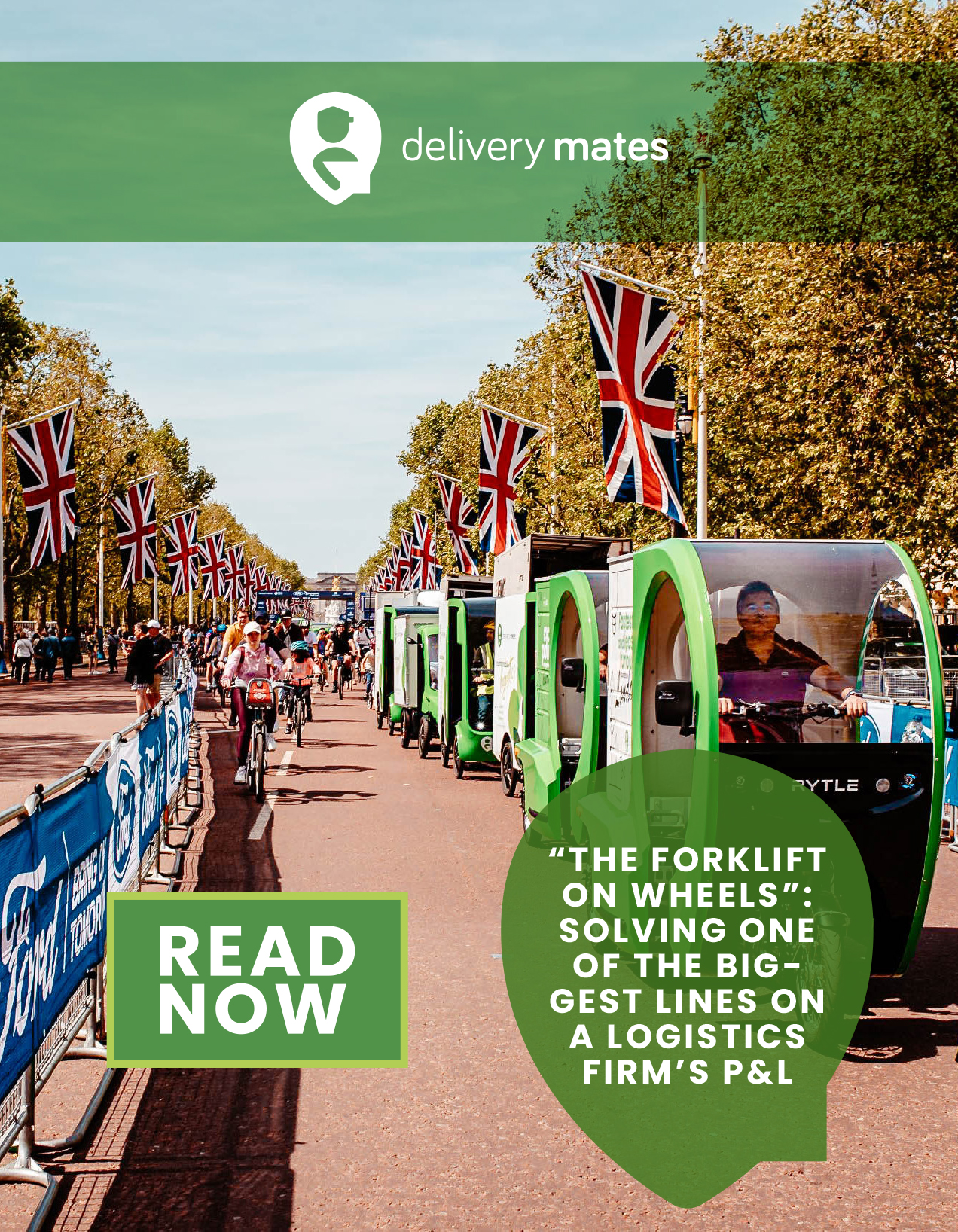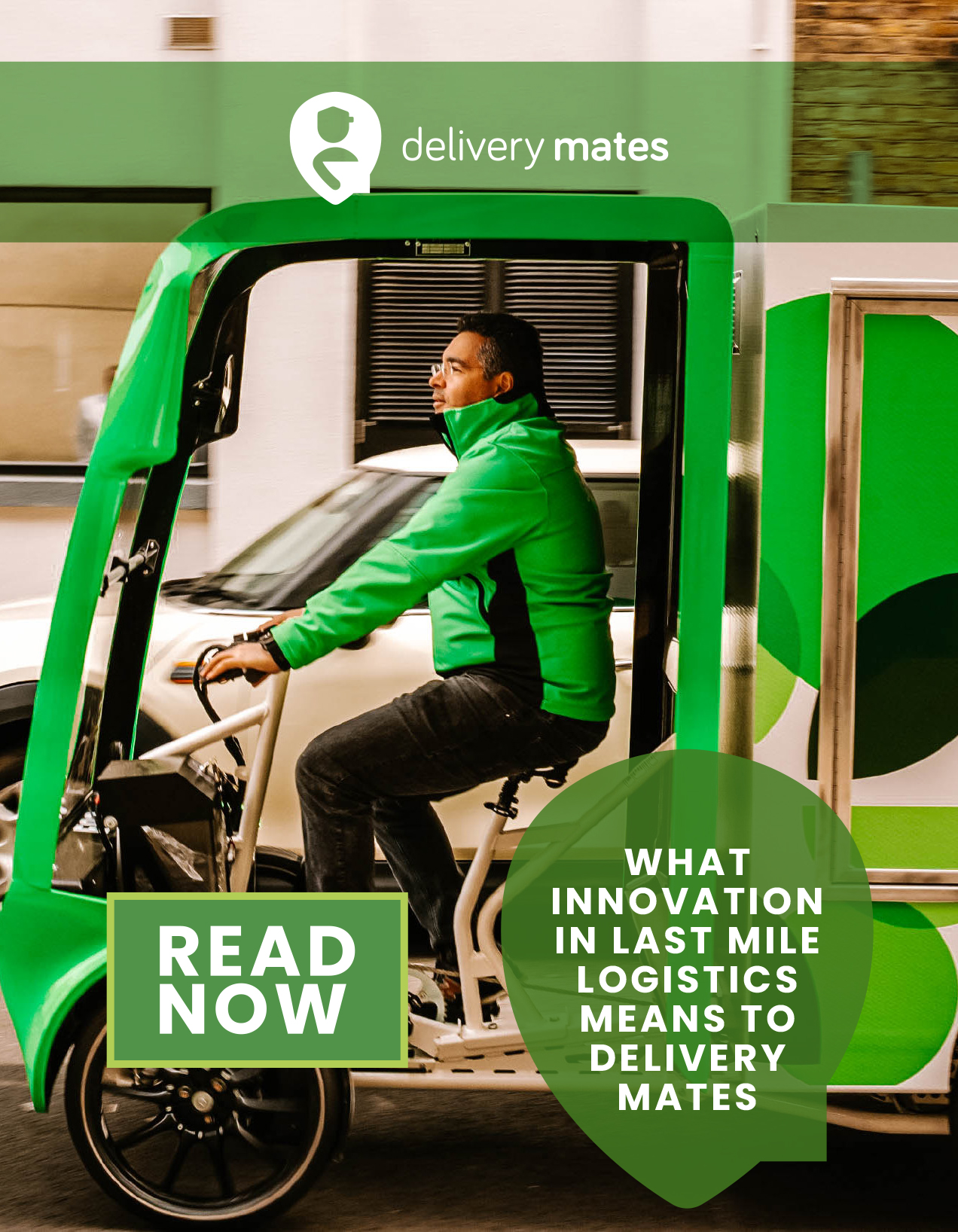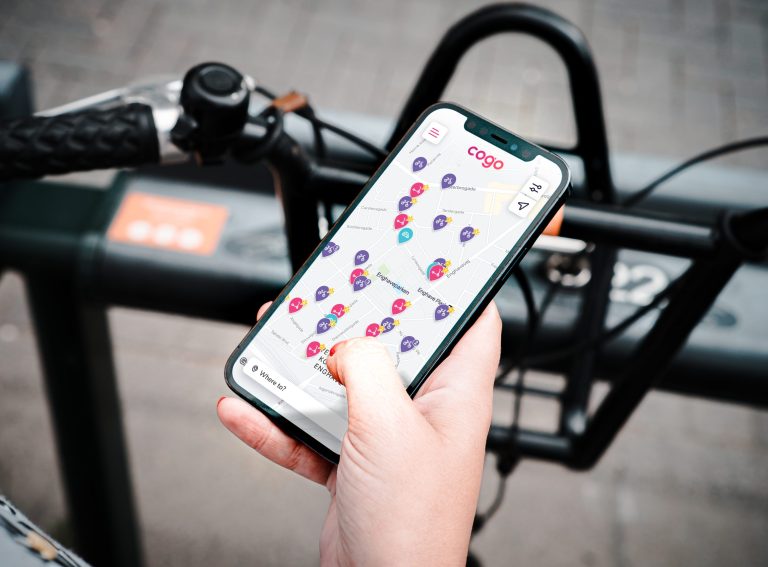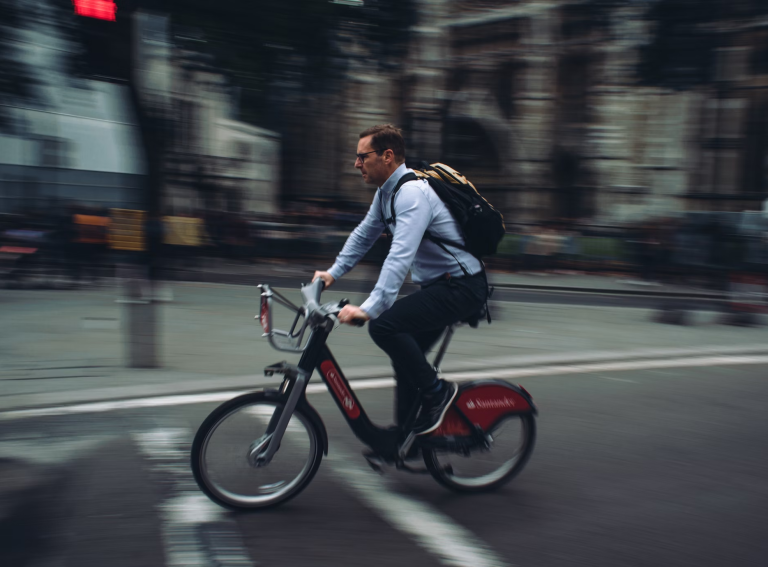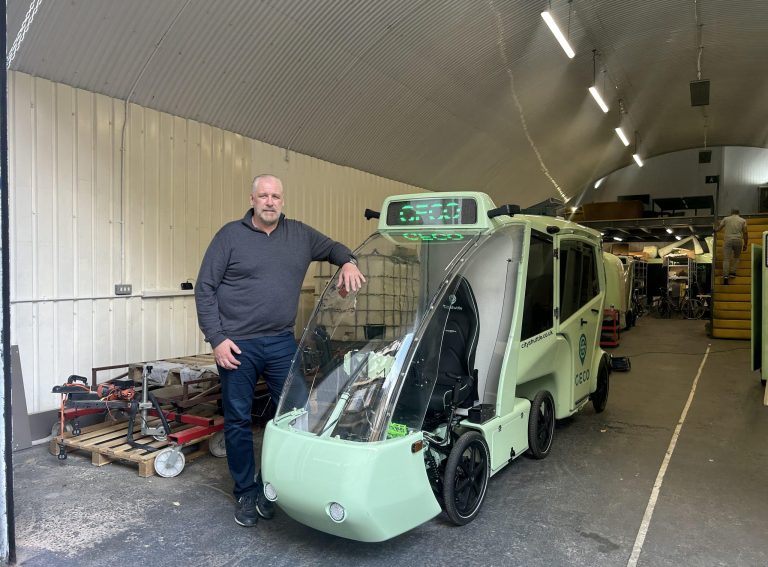The Dutch Metropolitan Innovations (DMI) ecosystem has formed a consortium to further improve mobility systems in Dutch cities through the creation of digital tools.
With a budget of more than €23 million, the Digital Orchestration of Public Spaces (DRO) will unite cities, tech organisations, and research institutes to test and implement data-driven solutions to mobility challenges.
Having been awarded an official innovation contract from the Dutch Ministry of Infrastructure and Water Management at the end of last year, the next five years will see the DRO-DMI develop digital tools to assist cities in managing public spaces.
“In the Netherlands, cities and regions face complex challenges in the fields of mobility and urban planning,” a DRO-DMI spokesperson told Zag Daily.
“However, traditional instruments, such as physical interventions in public spaces, traffic lights, and traffic controllers, no longer seem sufficient in the dynamic mobility landscape of today and tomorrow, and additional digital tools are needed to keep cities accessible and livable.”
The city of Groningen, for example, experiences daily traffic jams on access routes from Drenthe, Friesland and Germany, while the city of Almere is attempting to balance ambitious housing prospects with growing mobility needs and increased mobility poverty.
Partners of the DRO-DMI which have united to tackle these challenges include the City of Amsterdam, the City of Almere, Groningen Bereikbaar, Goudappel, Vianova, Technolution, and AMS Institute, with advice from TNO and the Transport Region Amsterdam.
Examples of the digital tools DRO-DMI is developing and testing include a means of ensuring certain vehicles don’t enter specific areas, and allocating unused parking capacity for specific use or users.
“Other examples focus on spreading and avoiding daily traffic congestion by improving communication with people before or during their journey. This enables users of public space to make informed choices about their trip and helps them contribute to more efficient traffic.”
A wide range of focus areas have already been identified by the DRO-DMI consortium which include: making better use of curb space, making event-related mobility sustainable, managing large pedestrian crowds, informing users on the use of public space, giving access to selected target groups and modalities, and more.
Vianova
One organisation that has joined the consortium is the European collaborative mobility data platform Vianova. The only non-Dutch organisation to join the consortium, Vianova was selected because of its cloud-based mobility platform which uses IoT and data from more than one million connected vehicles to inform the relevant stakeholders.
“The project is focusing in part on helping people make more sustainable travel decisions,” Vianova CEO Thibault Castagne told Zag Daily.
“Our experiences working with big transport data will be used to highlight gaps in the existing network, and areas for policymakers to focus on in order to increase cycling, walking, and the use of shared and public transport.”
“Collaboration and sharing data help to create more sustainable and safer cities.”
Vianova will contribute its mobility data to support the complex landscape in the Netherlands which is looking to reduce pressure on public spaces amongst significant population growth. Amsterdam for instance is expected to see a population that exceeds one million by 2030.
On the challenges that Amsterdam faces, Thibault added: “Amsterdam has exceptionally high cycling and public transport usage but outlying areas remain car-dependent, demonstrating gaps in the public transport and sustainable transport offering.
“If cities don’t have the infrastructure to successfully move people away from private cars, such as through mobility hubs and strengthening public transport, then this only leads to more pressure on public spaces.”
Vianova has already been working with cities in the Netherlands – Utrecht and Eindhoven – to support the rolling out of sustainable mobility. This has seen mobility providers share their data with Vianova which is then used by policymakers and urban planners to inform their decision-making.
“As a company, we’re focused on using innovative solutions to make mobility safer, more connected and more sustainable,” Thibault said.
“The DMI-DRO project is a clear example of this – bringing public and private organisations together to find solutions to make cities and municipalities safer and happier places to live, through shared data and applying solutions.”

